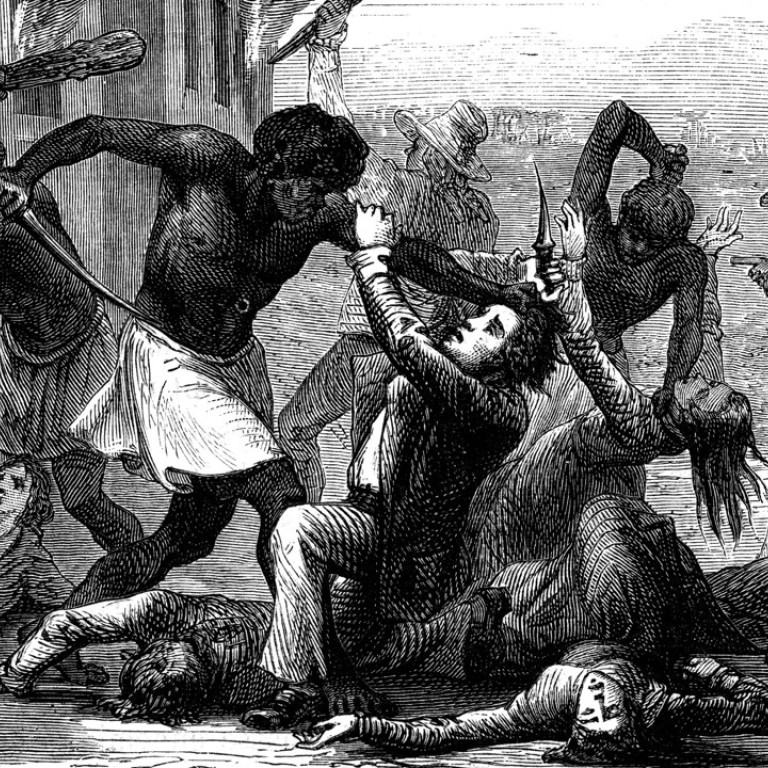
What robots and slaves have in common – tracing the words’ origins reveals a curious connection
Ahead of the International Day for the Remembrance of the Slave Trade and its Abolition, find out where the word ‘slave’ came from
The International Day for the Remembrance of the Slave Trade and its Abolition, August 23, memorialises transatlantic trafficking. August 22, 1791, marked the beginning of the slave uprising in Saint-Domingue (present-day Haiti), which not only led to freedom and independence for the island in 1804, but also served as a starting point for the abolition of the transatlantic slave trade, which spanned more than 300 years.
Slavery was, of course, rife around the world, and the word “slave” entered Middle English from the Old French esclave, which came from the Medieval Latin (circa 800) sclavus (also giving the Italian schiavo and Spanish esclavo), which came from the Byzantine Greek (circa 580) σκλάβος.
Where Hong Kong got ‘amah’, old word for maidservant, from
The original referents of the word sclavus were the central and eastern European Slavic peoples – the sense transfer (to mean “slave”), as testified in 9th-century documents, emerged from the fact that many of these peoples had been captured and reduced to a servile condition through conquest.
Also curious are the Slavic origins of “slave”, which lie in the Slavonic base of the Old Church Slavonic rab/rob, the Old Russian rab/rob, and the Old Czech rob, developing to encompass meanings of forced labour and drudgery in old and modern forms of the Russian rabota, Czech robota and Polish robota. The West Slavonic form entered Middle High German in the early 14th century as robāt, becoming the German robot. This got borrowed into the English “robot”, referring to the central European system of serfdom, in which a tenant’s rent was paid in forced labour or service.
It was the Czech robot, borrowed via Karel Capek’s 1920 play R.U.R. (standing for “Rossum’s Universal Robots”), which gave English the meaning of an intelligent artificial being typically made of metal and resembling in some way a human or other animal.

